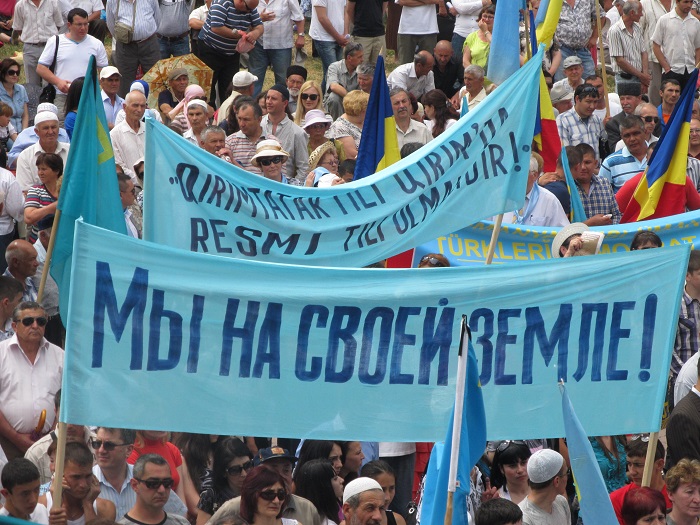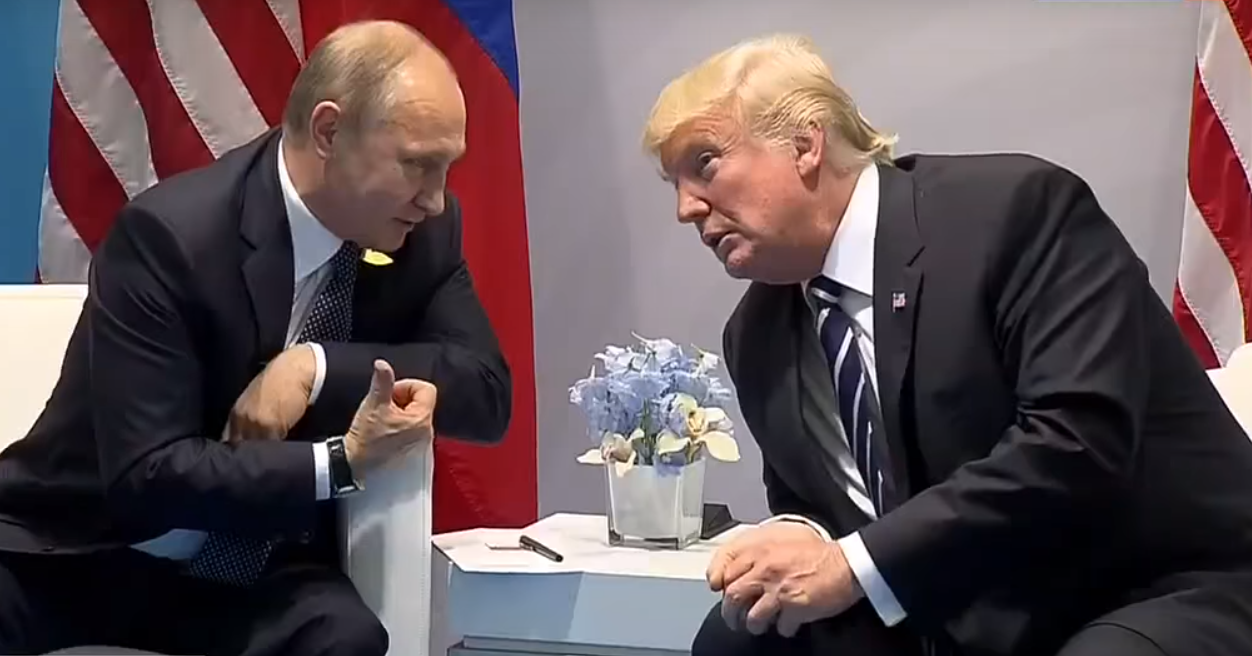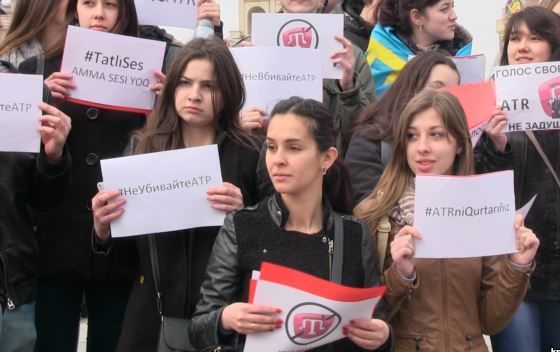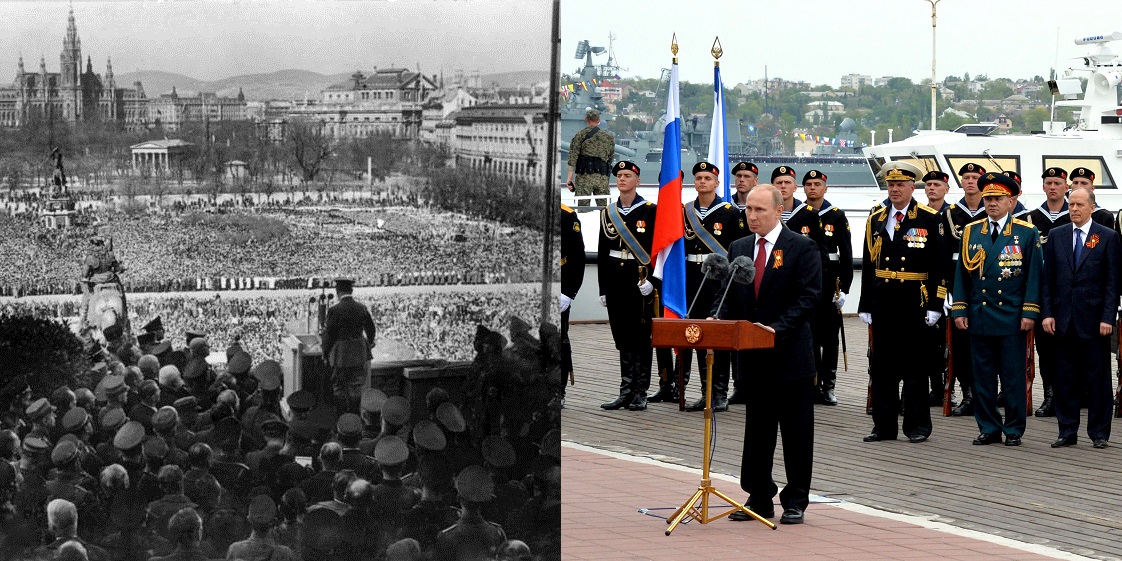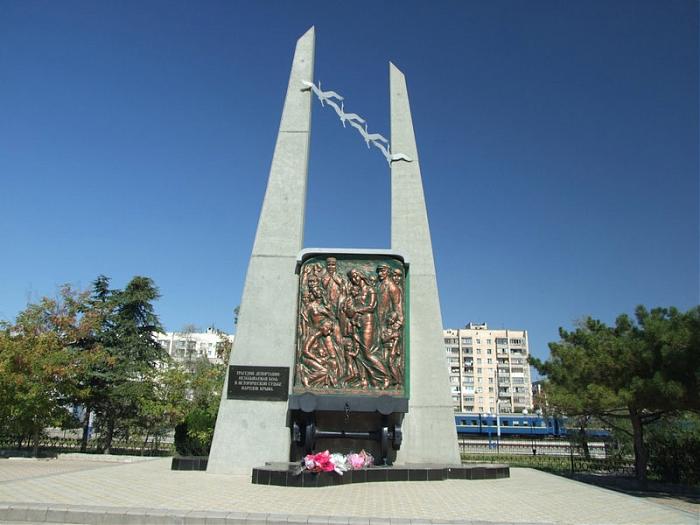The Second World Congress of the Crimean Tatar People which ended yesterday in Ankara shows why the Crimean Tatars as the most consistent opponents of the Russian Anschluss are a real asset for Ukraine and why their movement, which the Kremlin has tried so hard to disrupt, represents a large and growing problem for Moscow.
Both practically and ideologically, Andrey Strelets says on Novy Region-2 today, this latest meeting shows that the Crimean Tatars are going to be more active in pushing their agenda than they have been and that they have good reason to expect that their arguments will resonate internationally.
The commentator notes that the second congress completed the organizational work of the first. That meeting, which took place in 2009, also elected Refat Chubarov its head but was never able to ratify its charter. Now, that has happened, and the meeting has created an international public organization “the World Congress of Crimean Tatars.”
That body will have the task of promoting at the international level the rights, powers, and aspirations of the National Kurultay and National Mejlis, both of which have faced difficulties in working under a Russian occupation of the Crimean Tatar homeland but who are the unique articulators of the position of the Crimean Tatar people.
Equally or perhaps even more important than these practical steps, the Congress adopted a declaration in which it was clearly stated that “the right to self-determination belongs to the indigenous Crimean Tatar people.” Crimea must be freed as soon as possible from the Russian occupation, it must be returned to Ukraine, and the Crimean Tatars have the right to decide their own fate.
The Congress also called on the international community to recognize that “the actions of Russia in Crimea are a genocide, beginning from the moment of the inclusion of the peninsula in the Russian Empire in 1783 up to the present day.” Over that period, “more than a million and a half Crimean Tatars were forced to leave their motherland,” and half of those deported in 1944 by Stalin died as a result.
As Strelets points out, what is most important about these declarations are not their “patriotic or emotional” content but rather the context in which they have arisen: “the shameful Russian veto on the UN Security Council resolution calling for the establishment of an international tribunal to investigate the causes of the crash of the Malaysian Boeing, the judicial controversies around the murder of Litvinenko, the new sanctions of the US, the seizures of Russian property abroad, and the participation of the Russian Federation in the war in the Donbas.”
“The Crimean Tatar issue is one of the weak links in the chain of crimes of the crimes the Putin regime has committed in Ukraine,” the Kyiv commentator argues. Moscow has insisted that what it calls “’the people of Crimea’” have made “’the historic choice’” to rejoin Russia via last year’s Moscow-orchestrated referendum and that this people had the right to do so in the same way that the people of Kosovo did.
But that argument has two fatal flaws. On the one hand, “there is no ‘people of Crimea’ claiming the right of self-determination. There are instead Crimean Russians, Ukrainians, Crimean Tatars, Armenians, Bulgarians, Greeks and other nationalities living on the territory of the peninsula.”
Most of these nations have their own state formations “beyond the borders of Crimea” and thus have “already engaged in an act of self-determination.” The exceptions are the Crimean Tatars, the Karaims and the Krymchaks and the latter are “unfortunately extremely small” and thus not in a position to seek a political-territorial expression of their rights.
That in turn means that only the Crimean Tatars and not some mythical “people of Crimea” has the right to make a decision about self-determination in Crimea whatever Moscow says. The Congress declaration will bring that fact front and center again whenever the issue of the fate of the Ukrainian peninsula is discussed.
And on the other hand, the Kosovo “precedent” isn’t one, Strelets argues. “No one joined Kosovo to Albania.” Instead, “the international community sanctioned the separation of the Albanian kray from Serbia since there existed a real threat of ethnic cleansings. The mythical ‘people of Crimea’ was not so threatened.”
Because of the status of the Crimean Tatars as the indigenous people of the peninsula, “any change in the status of [that territory] without a consideration of their opinion will never be legitimate. For the internal consumer of Kremlin propaganda, the arguments of the Kiselyovs and Zorkins may be sufficient, but for debates at the United Nations more weighty arguments are required.”
As it has done so often elsewhere, Moscow has sought to use its own agents and “useful idiots” among Crimean Tatars to argue its case. But as “people of the older generation remember,” Moscow set up the Anti-Zionist Committee of Soviet Society to oppose Jewish emigration from the USSR. These pocket Crimean Tatar groups are only a new iteration of that.
Indeed, Strelets continues, Moscow has been “forced to imitate ‘a solution of the problems’ of the Crimean Tatars” by appointing people to front jobs and creating “a Potemkin village with dancing and singing ‘aborigines.’” Such people do not enjoy the support of the Crimean Tatar people as the just-concluded Congress shows.
But what is most important of all, the Kyiv commentator suggests, is that the Crimean Tatars will never want to be part of the Russian Federation even if by some miracle the economic disaster there were to be overcome. They associate Russia today with the USSR and the Russian Empire, and those associations are anything but good.
Either people in the Kremlin do not understand that or act as if they don’t, but the fact is this, as the Congress showed: “The Crimean Tatars for the last 300 years have developed their own immunity to the kind of difficulties [they face now] because they survived both the Russian Empire and the Soviet Union.”
They will survive Putin’s Russia and help bring to an end the illegal Russian Anschluss of their homeland.




